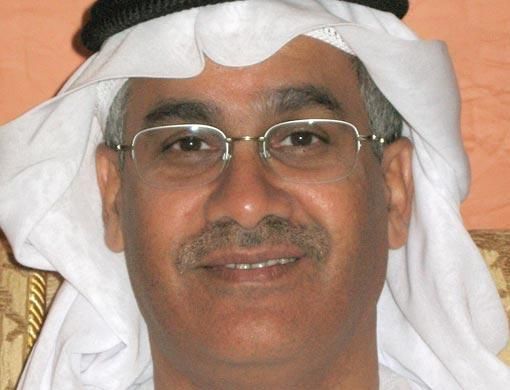Dubai: A UAE medical liability law, defining negligence, malpractice and mismanagement for the healthcare sector, is likely to come out in March, said a senior health official.
The Health Ministry has been working on the draft law since early 2006. Dr Ali Shakar, undersecretary at the ministry, said the drafting process was complete.
"We hope to pass the medical liability law in three months," he told the press on the sidelines of the first meeting of the National Committee for Medical Ethics, which is working to incorporate an international Islamic ethics code into the UAE's ethics code.
Among other things, he said the law would establish licensing criteria for doctors, nurses and other support staff, and list their responsibilities.
He said it would also define negligence, malpractice and mismanagement, and deal with some legal-ethical issues, such as abortion.
Code of ethics
"In the UAE, if it affects the mother, then it's OK. Otherwise, abortion is not allowed after 120 days of gestation," he said.
"The law describes what to do when faced with this situation," he said, adding it was forbidden even if the foetus had genetic disorders or was deformed.
Another component of the law is a code for medical ethics, based on guidelines passed by the Islamic Organisation for Medical Sciences in 2005, and approved by the executive council of the GCC Health Ministers recently. Dr Ali said the Islamic code of ethics would work side by side with the medical liability law as a reference.
The International Islamic Code on Medical Ethics was passed by the Islamic Organisation for Medical Sciences in 2005, and endorsed by the Executive Council of the GCC Ministers of Health recently.
It deals with medical professionals' responsibilities and duties, medical research and special subjects.
Health Minister Humaid Mohammad Obaid Al Qutami, who chaired the meeting, told the press the UAE needed to update the country's existing code of ethics, to address new medical technology and its impact on existing issues.
"We are modifying and integrating the code on new developments like stem cell research and organ transplants. An ethics code is needed to improve healthcare in this country. We will benefit from updated rules and regulations," he said.
He added the committee had a year to finish the new code of ethics.
The UAE will not be able to adopt all recommendations included in the international code, as some of them were not relevant in the UAE.
"The code has some points of view that we cannot use, such as on brain death, abortion and euthanasia," said Dr Basil Al Badr, consultant and head of the medical liabilities department at the Health Ministry.
"We will modify it and incorporate the Islamic code into our code," he added.
Committee members include legal and religious experts, and health officials from various sectors, including the Ministry of Health, Dubai Health Authority, Dubai Healthcare City and Abu Dhabi Health Authority.
Allegations: Plagued by incidents
Hospitals and medical centres under the Health Ministry have been plagued by allegations of malpractice, negligence and mismanagement in the past few years.
The latest incident involved a 20-year old Emirati woman who died because her ventilator was allegedly working incorrectly while undergoing treatment at Al Qasimi Hospital.
The parents of the patient, Mona Al Katbi, previously told Gulf News they planned to sue the hospital. The hospital refused to comment.












